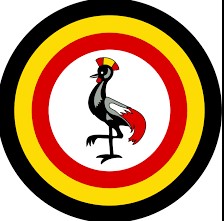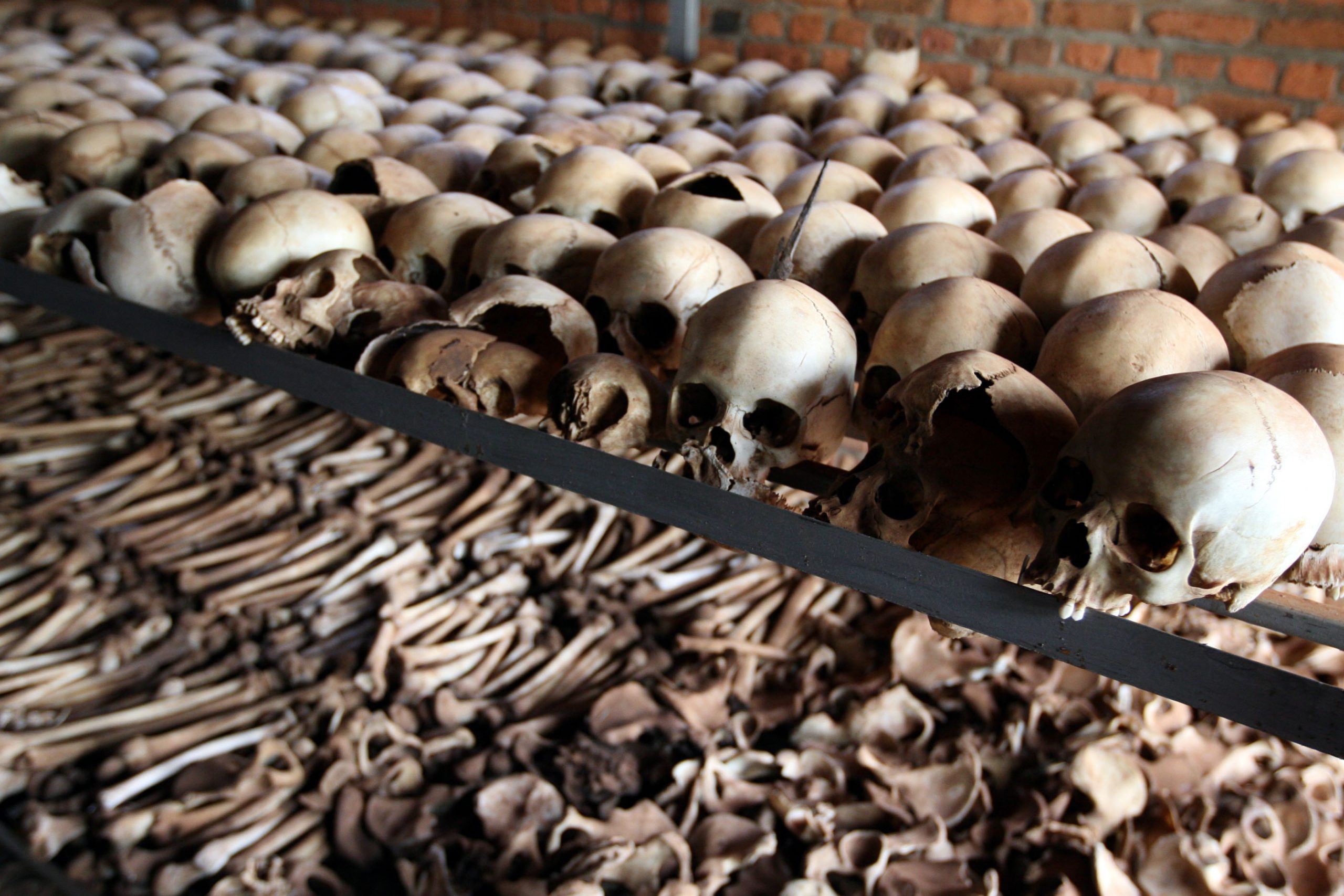Regional
Foreigners who stood firm against 1994 Genocide against the Tutsi

Capt. Mbaye Diagne of Senegal died while protecting the Tutsi during the 1994 Genocide against the Tutsi in Rwanda.
Over the course of 100 days,
from April 7 to July 1994, in Rwanda, over one million Tutsi were killed and
hundreds of thousands of survivors were left orphaned, wounded, disabled,
widowed, ill, and homeless.
The 1994 Genocide against the
Tutsi was one of the cruelest genocides in the 20th century. During the
genocide, foreigners who were in Rwanda were evacuated by their embassies and
the United Nations also evacuated US citizens who were in Rwanda by the time.
Although hundreds of
foreigners were evacuated from Rwanda, there are others who stayed in Rwanda,
stood firmly with the Tutsi and participated in the saving of lives of people
whose lives were in extreme danger.
Capt
Mbaye Diagne
Capt Mbaye Diagne, a
Senegalese peacekeeper, risked and lost his life in the process of saving many
people during the 1994 Genocide against the Tutsi. Diagne is believed to have
saved between 600 and 1,000 Rwandans before he was killed on the morning of May
31, 1994.
Mbaye was part of the UN
peacekeeping mission in Rwanda (UNAMIR) during the genocide. He would go meet
the genocide perpetrators that were ready for mass murder at a given place and
would plead with them not to kill the Tutsi.
In some instances he could
even give the killers money so they can spare the Tutsi. He also saved the
children of late Prime Minister Agathe Uwiringiyimana who was killed during the
Genocide by the Interahamwe following her stand against the then ruling party’s
divisive politics.
Carl
Wilkens
In 1990, Carl Wilkens arrived
in Rwanda as the country director of the Adventist Development and Relief
Agency (ADRA).
Life was good, until 1994 when
genocide broke out – prompting Wilkens to make one of the toughest decisions.
The American Embassy approached Wilkens’ family and other U.S. citizens to
inform them of an evacuation plan.
Wilkens supplied water with a
truck to 80 to 400 orphans whose numbers were increasing overnight. Water was
the main problem then. “I had a container of food but how can you cook without
water? And people were thirsty and congested in a small house,” he said.
Jean
Carbonare
The testimony of Jean
Carbonare, on January 28, 1993, on France2 TV, was a poignant and urgent plea
to the world to recognize the systematic organization behind the massacres of
the Tutsi organized by the genocidal regime between 1991 and 1993.
Carbonare who was a human rights activist
denounced the plan to kill the Tutsi and invited the world to act, especially
his own country, France, which was a big ally of the government that was
killing its own people.
His pleas, if listened to, could have changed
the course of history and potentially prevented the massacres of a million
people during the 1994 Genocide against Tutsi.
"It's not just ethnic
clashes," Carbonare declared in the TV interview with Bruno Masure on
France2. "It is an organized policy, a systematic extermination by the
Government in Place," he said.
Lt
Gen (Rtd) Romeo Dallaire
The former head of the UN
peacekeeping mission in Rwanda, Lt Gen (Rtd) Romeo Dallaire, witnessed the
Genocide, first hand, in 1994.
Dallaire, the author of ‘Shake
Hands with the Devil,’ which talks about the failure of humanity in Rwanda, was
the whistle-blowing commander of the UN Mission for Rwanda, whose alerts about
an impending genocide by Juvenal Habyarima’s regime 30 years ago were
tragically ignored by his bosses in New York, resulting in the slaughter of
more than one million people.
He struggled to convince the
international community to give him troop reinforcements to put an end to the
Genocide. Instead, the force he had was significantly scaled down at the height
of the Genocide.
“Stopping the Genocide was not
seen as a priority, even though the world knew that this country was being
wiped off the map under the watch of a UN peacekeeping mission,” Dallaire
stated.
Lt
Col (Rtd) Guillaume Ancel
Ancel was among 2,500 soldiers
sent to Rwanda on June 22, 1994, in a French-led military operation in Rwanda,
‘Opération Turquoise,’ with a mandate of allegedly setting up a temporary
humanitarian zone in Western Rwanda.
As per provided briefings, Ancel established
that France was involved in the four-year war in Rwanda between the then
genocidal Government and rebel RPF soldiers.
Ancel revealed that French
soldiers in Rwanda took part in raids intended to demolish RPF Inkotanyi
headquarters and supporting the Government’s plan to carry out genocide.
He narrated that the kinds of
weapons they brought to Rwanda was evidence of their mission to engage into war
than humanitarian assistance.
Amb
Ibrahim Gambari
Ibrahim Gambari, currently the
Chief of Staff to President Muhammadu Buhari of Nigeria, was his country’s
Permanent Representative to the UN when the 1994 Genocide against the Tutsi
broke out in Rwanda. He was also sitting in the UN Security Council as a
non-permanent member and later chaired it.
As the debate ensued on
whether to reduce the number of Peacekeepers, the Nigerian diplomat warned the
United Nations Security Council that their inaction was going to make the world
body a laughing stock.
Ambassador
Karel Kovanda
Ambassador Karel Kovanda, as
the Permanent Representative of the Czech Republic to the United Nations and
President of the Security Council, worked tirelessly to bring the attention of
the world to the genocide that was taking place in Rwanda.
Kovanda confronted the
Security Council with the horrors of what was happening in Rwanda and pointed
out that it was genocide being perpetrated against the Tutsi and not a civil
war as was being portrayed by the then UN Secretary General.






.jpeg-20230411051445000000.jpeg)
